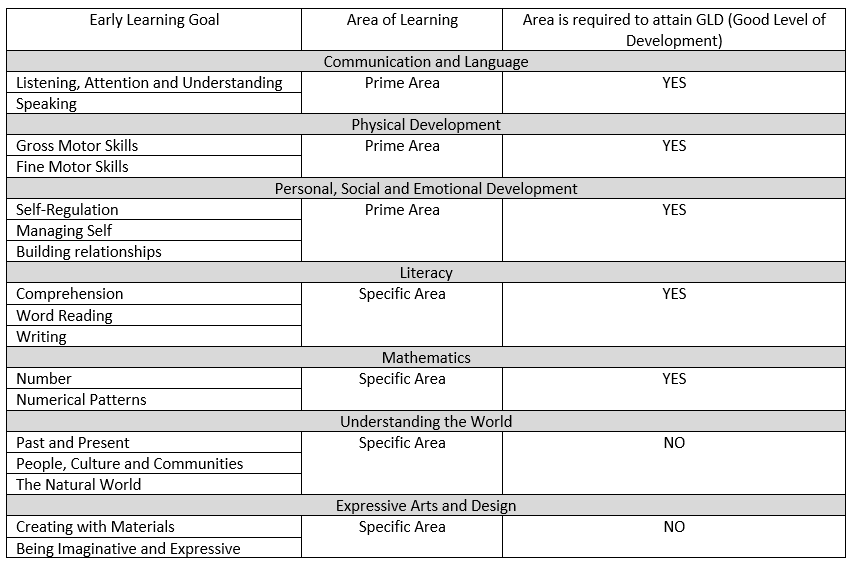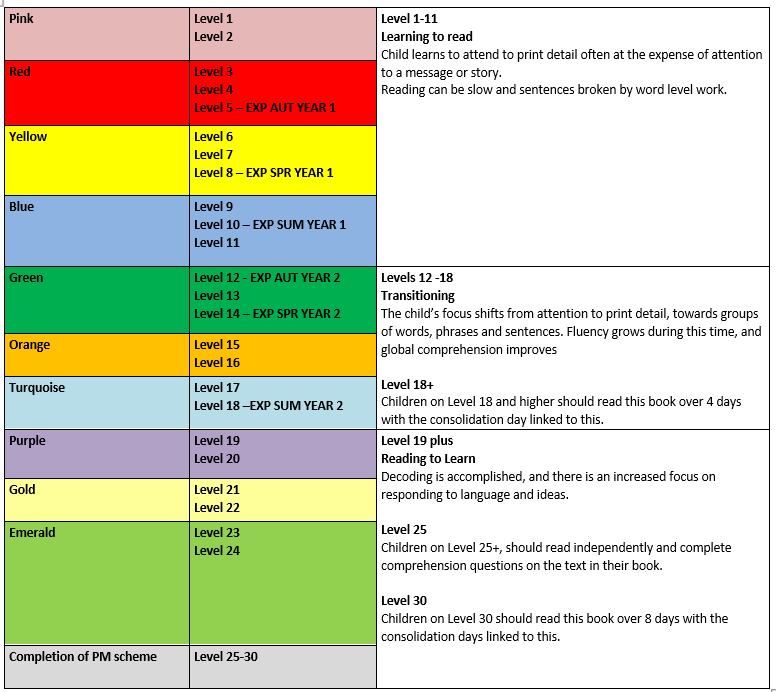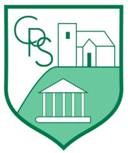Assessment
Assessment Guidance: Capel-le-Ferne Primary School
Reception (Early Years and Foundation Stage)
Reception Baseline (RBA):
The RBA is a short, interactive and practical assessment of a child’s early literacy, communication, language and mathematics skills when they begin school (within 6 weeks), using materials that most children of 4/5 years old will be familiar with. Data from this is not shared but used to measure progress when your child finishes primary school. Further information on this can be accessed through the link below.
Early Learning Goals (ELG) and a Good Level of Development (GLD):
Children are assessed on an on-going basis against the Early Learning Goals as set out in the document below.
https://assets.publishing.service.gov.uk/media/65253bc12548ca000dddf050/EYFSP_2024_handbook.pdf
At the end of the academic year, the class teacher will use all observations and day to day assessment opportunities to make a judgement on each early learning goal for each individual child. The judgement will be either:
- meeting ‘expected’ levels or
- not yet reaching expected levels (‘emerging’).
The information below indicates what the Early Learning Goals (ELG) include as well as indicating what area of learning the ELG falls into and whether the ELG is needed for the child to attain a Good Level of Development (GLD). GLD is a summative assessment judgement which is made for each EYFS child at the end of the Reception year. It is a measure of attainment, not progress. In order for a child to attain GLD, they must achieve the ‘expected’ level in all highlighted ELGs by the end of the Reception year. Where an ELG is not achieved, it will remain a focus for the child going into Year 1.

Year 1 and Year 2
Phonics Screening:
The phonics screening check is taken individually by all children in Year 1 in England, and is usually taken in June. It is designed to give teachers and parents information on how the child is progressing in phonics. It will help to identify whether the child needs additional support at this stage so that they do not fall behind in this vital early reading skill. The school uses ALS Phonics to teach children phonics and this scheme is followed from Reception to Year 2. Children are assessed regularly on their phonics progress throughout this time.
The Phonics screening check is made up from two sections in this 40-word check and it assesses phonics skills and knowledge learned through Reception and Year 1. A child will read up to four words per page for their teacher and they will probably do the check in one sitting of about 5–10 minutes. The pass mark has been 32 out of 40 for the last 5 years.
In Year 1, parents will find out in their child’s school report what their child scored in the phonics check. It will indicate a score out of 40 and whether the child passed the test or not. If the child did not pass, they will retake the test the following June when they are in Year 2. Only where a child repeats the test in Year 2, will there be a score recorded on Year 2 reports.
Further information on the phonics check can be found by clicking on the link below:
Reading: Daily Supported Reader (DSR):
Different from Phonics, this reading judgement is formed from on-going assessments through DSR, a reading programme that involves children reading with an adult in a small group basis until they reach at least level 24. This runs from the end of Reception through to Year 2 (it will continue through an intervention into Year 3 and Year 4 if a child has not yet reached level 24). School reports will indicate what level a child has reached at the end of the academic year. Parents can use the grid below to see where the level equates to in their reading journey.

The Phonics judgement combined with the level a child has attained in DSR will support an overall judgement for the Reading Teacher Assessment.
Year 2 only
Optional SATS in Year 2:
Children will complete optional SATS at the end of Year 2. These tests are no longer statutory but the school uses these to give a benchmark for children’s attainment that is nationally recognised. The tests focus on reading and maths and are sat in small groups with the teacher. The raw scores children achieve in the tests are included on school reports. Writing as well as Spelling, Grammar and Punctuation are based on teacher assessment with no test completed. Children not accessing Year 2 curriculum material will not complete the tests. Adjustments will be made to support SEND children to access the tests.
Further information about the tests can be found below.
Teachers will use SATS scores to inform their overall judgement for the child. This does mean there is sometimes a discepency where the score of a SATS test might not directly correlate with the judgement a teacher gives. That is because a test, while important, only provides a snap shot and are not always representative of the child’s current attainment level.
Further information can be found below on raw scores and the corresponding scaled score below. A scaled score of 100 or above means a child is working at the expected standard for the year group. A scaled score of 110 or higher means a child is working at a greater depth standard for the year group.
Year 3, 4, 5 and 6 (Key Stage 2)
In Key Stage 2, the school uses Accelerated Reader and Star Reader to assess reading. Children’s on-going use of Accelerated Reader means assessment is on-going with children completing quizzes after every book they read and on-going access to the library to get a new book. Star Reader assessments are completed 3 times per year which gives a standardised score as well as a reading age. These are included on the school report.
|
A standardised score of above 100 indicates the child is working at the expected standard for the year group they are in. A standardised score of above 110 indicates the child is working at greater depth for the year group they are in. |
Both a reading age and a standardised score support the overall teacher assessment judgement made. This does mean there is sometimes a discepency where a standardised test score might not directly correlate with the judgement a teacher gives. Where parents want to find out more about this, they should speak with the child’s class teacher.
In Key Stage 2 in maths, the school uses Star Maths to assess children 3 times per year. This is in addition to end of unit assessments that teachers use. Standardised scoring applies in the same way it does for reading.
Writing is teacher assessed with the judgement shared on the school report.
Times-Tables tests in Year 4:
The Times-Tables check is It is an on-screen check consisting of 25 times-tables questions. A child will be able to answer 3 practice questions before taking the actual check. They will then have 6 seconds to answer each question. On average, the check should take no longer than 5 minutes to complete. Children will practice their times-tables through Year 1 to Year 4 so that this skill is embedded. A score out of 25 will be written on a child’s end of year report. There is no pass mark.
Further information for parents about the test can be found below.
Year 6 SATS:
Where children are accessing the Key Stage 2 National Curriculum, they will take SATS tests in May in line with children nationally. Children complete tests in reading, maths and Spelling, Grammar and Punctuation. There is no test for writing. Parent information about the tests can be found below.
The raw scores children achieve in the tests are included on school reports at the end of the year as well as the scaled score. This then directly translates to an overall outcome in that subject. Writing is based on teacher assessment with moderation completed externally on the judgements. Children not accessing Year 6 curriculum material will not complete the tests. Adjustments will be made to support SEND children to access the tests.
